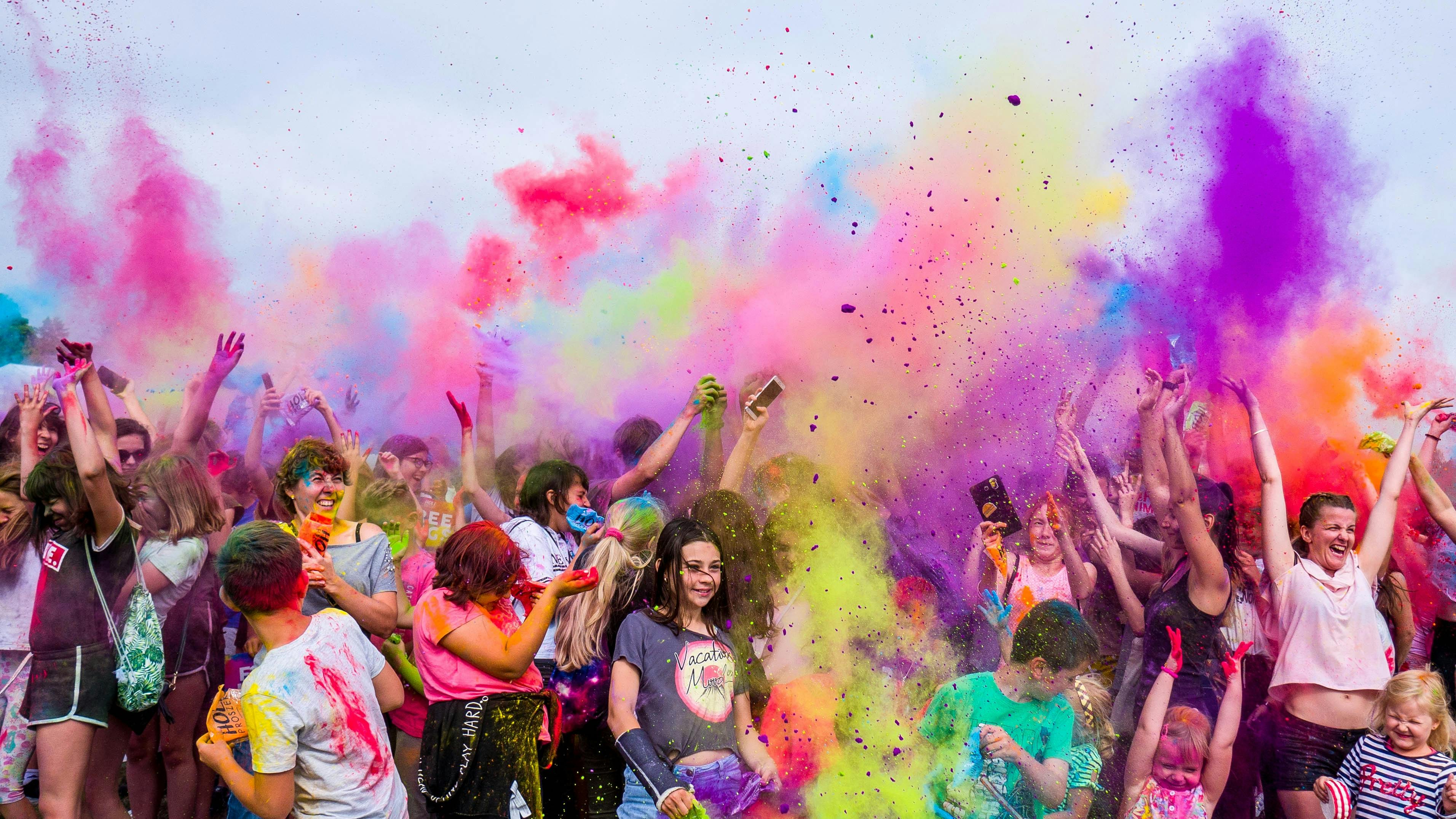Immersing in the Exuberance: The Rise of Festival Tourism
Travel trends are ever-changing, reflecting societal shifts and evolving tastes. One such trend surfacing in recent years is festival tourism—an immersive, vibrant, and culturally rich form of travel. This article delves into the rise of festival tourism, its impact on travelers and destinations, and why it's likely to become an even more significant part of the travel landscape in the future.

The Genesis of Festival Tourism
Festivals have been a part of human culture for centuries, providing a platform for communities to come together, celebrate, and share traditions. However, the concept of festival tourism—traveling explicitly to attend festivals—has gained momentum in the last few decades. This trend was largely propelled by globalization, increased accessibility of travel, and the desire for unique, immersive experiences.
Festival Tourism in Contemporary Travel
Today, festival tourism is a thriving industry. According to data from the World Travel & Tourism Council, it contributes significantly to global tourism revenues and has a substantial impact on local economies. From music and arts festivals to gastronomic extravaganzas and traditional cultural events, the variety is vast, catering to diverse traveler interests.
Festival tourism also aligns with the experiential travel trend, as it offers travelers unique, participatory, and culturally immersive experiences. Additionally, it provides opportunities to connect with local communities and learn about their customs and traditions.
Advantages and Challenges of Festival Tourism
The benefits of festival tourism are manifold. For travelers, it offers enriching experiences and memorable moments of connection and celebration. It stimulates local economies by attracting a global audience, leading to job creation and infrastructure development.
However, festival tourism also presents challenges. Overcrowding and environmental degradation are significant concerns. Moreover, festivals’ commercialization can lead to cultural commodification, potentially diluting their authenticity.
Impact on Travelers and Destinations
Festival tourism profoundly influences travelers and destinations alike. Travelers gain enriching experiences and broader cultural perspectives. For destinations, besides economic benefits, it offers a platform to showcase and preserve cultural heritage, strengthen community bonds, and promote sustainable tourism.
Yet, it demands careful management to balance economic growth with cultural preservation and environmental sustainability.
Practicalities and Future Trends
As festival tourism continues to grow, it’s essential for travelers to plan responsibly. This includes researching the festival and its cultural significance, respecting local customs and guidelines, and practicing responsible tourism.
In terms of future trends, the emphasis will likely be on sustainable and responsible festival tourism. Festivals that prioritize local community involvement, environmental sustainability, and cultural preservation will likely gain more popularity.
Unraveling Practicalities and Intriguing Facts
- Festival tourism is a significant contributor to the global tourism economy.
- Some famous festival tourism destinations include New Orleans (Mardi Gras), Rio de Janeiro (Carnival), Munich (Oktoberfest), and Pamplona (Running of the Bulls).
- In the future, sustainable and responsible festival tourism will likely take center stage.
- Festival tourism offers opportunities to immerse in local cultures, but it’s essential to respect local customs and guidelines.
In conclusion, festival tourism is a dynamic and impactful travel trend that offers rich, experiential, and culturally immersive experiences. As we move forward, the focus should be on promoting responsible and sustainable festival tourism that benefits travelers, local communities, and the environment. As always, the key is to travel with respect and curiosity, embracing the joys of discovery and connection that festival tourism so uniquely offers.




